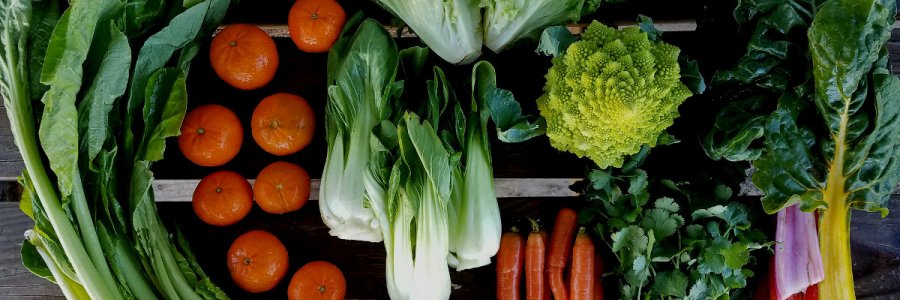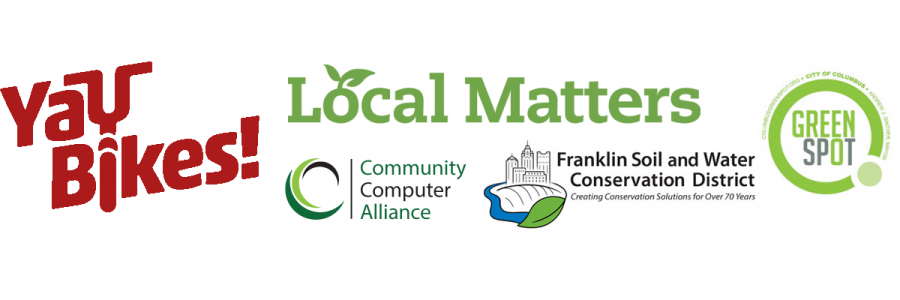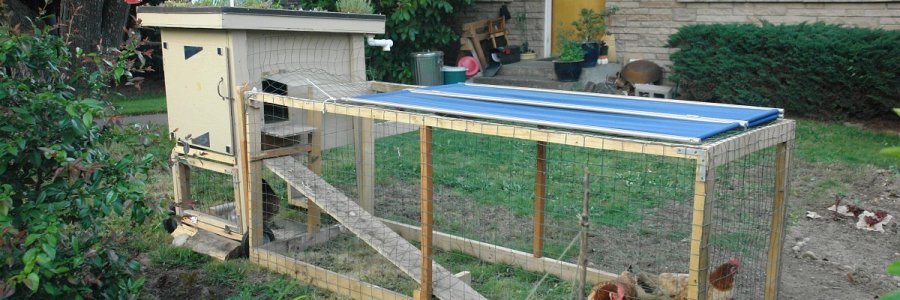Neighborhood food businesses can provide significant benefits for the local economy in the form of jobs, local retention of wealth, and amenities for local residents. However, budding businesses may face challenges such as lack of capital and technical knowledge. A neighborhood food business incubator can help businesses overcome these challenges and start off on the right foot, improving their chances of success and amplifying their positive impact in the community.
(Image credit: Seattle Parks)
Of the more than 53,000 acres of cropland in Franklin County, only 162 acres (less than 1%) are used to produce vegetables. Most of the remainder is used to produce corn and soybeans. This means that our vegetables mostly come from somewhere else, often from remote states or other countries. Community Supported Agriculture (CSA) is a means of promoting local small farms that produce diverse crops. In exchange for payment commitments that help farmers handle early expenses and mitigate risks, CSA customers periodically get boxes full of produce delivered directly from the farm to a convenient neighborhood pick-up site, or even to their homes. In addition to improving the resilience of the local food system through crop diversification, CSAs tend to provide fresher food with lower energy requirements and lesser ecological impact.
The Farm to School initiative proposes to address food system sustainability problems at their roots through a three-pronged approach of education for school-age children, experiential learning in the form of school gardens, and local food procurement policies for schools. These actions directly promote student health and provide students with a foundation to make healthy and sustainable food choices, as well as fostering economic growth and sustainability in the form of a robust local food economy.
(Image credit: Franklin County Public Health)
Central Ohio communities are fortunate to have access to a host of community organizations and initiatives whose missions are focused on sustainability. All too often, however, opportunities for improvement are missed because the community is not aware of these resources or does not know how to best utilize them. By raising awareness and building relationships with community organizations before they are needed, a community can seize opportunities as they arise.
If you've ever grabbed your lunch on the run or asked your server to box up your leftover food at the end of a meal at a restaurant, you probably ended up with a food container that you didn't know what to do with. Perhaps you were able to recycle it, or maybe you were forced to throw it away. Wouldn't it be nice if you could simply drop it in a bin on your way home and know that it could be reused many more times?
(Image credit: GoBox)
Urban agriculture is increasing in popularity at a variety of scales, ranging from backyard beehives to community gardens to whole-parcel greenhouse operations and even larger farms. Among other benefits, urban farms employ local workers, keep money in the local economy, and increase local food security. They may also present an opportunity to reactivate abandoned and vacant land and generate additional tax revenue for the city.





